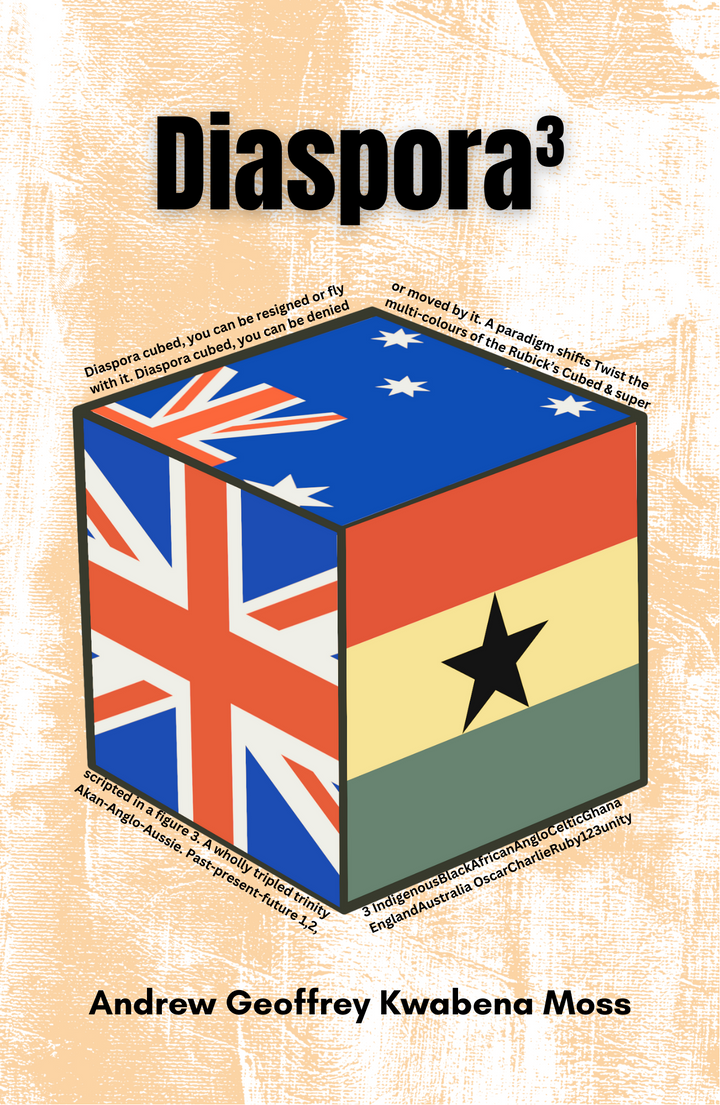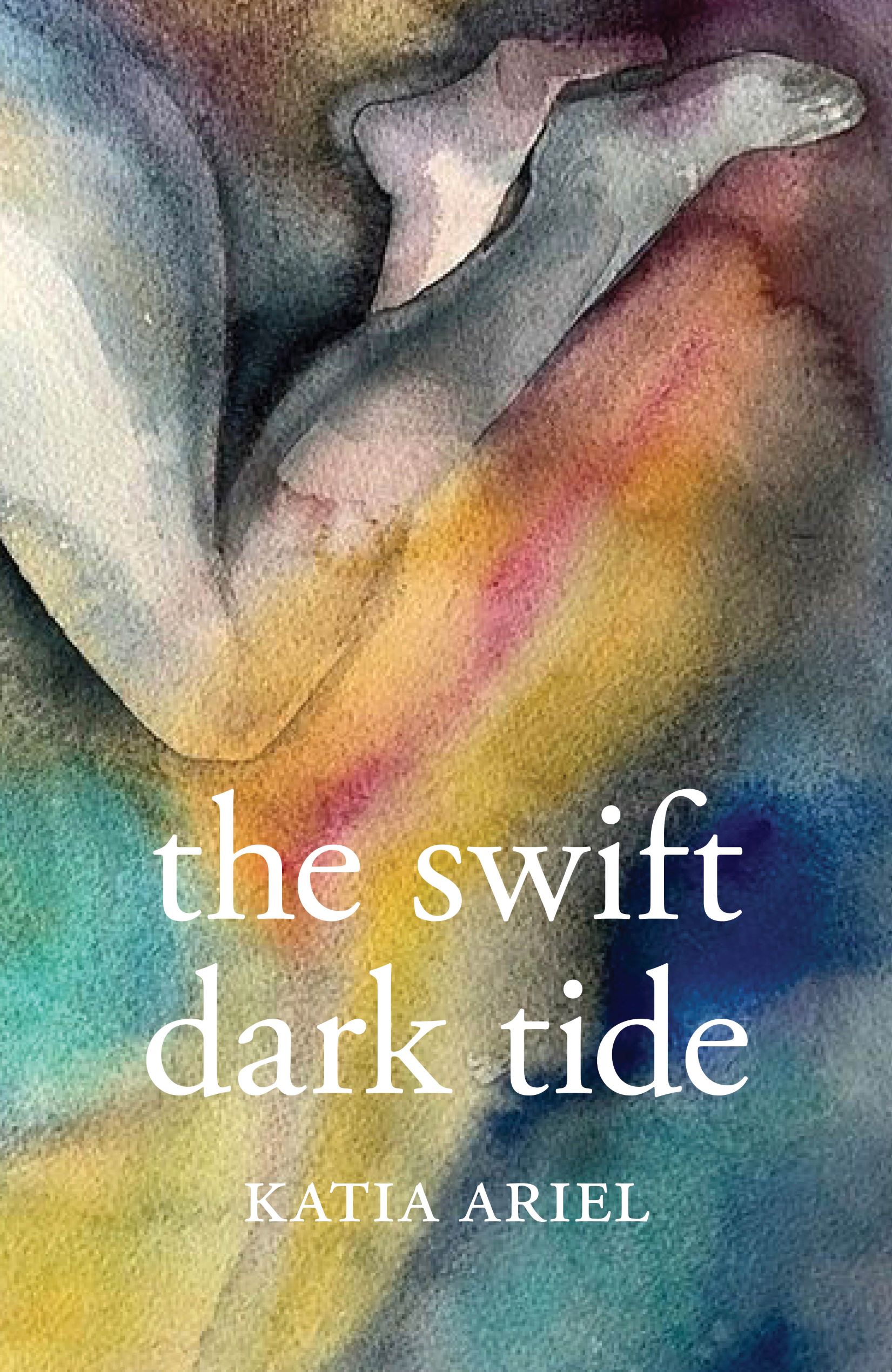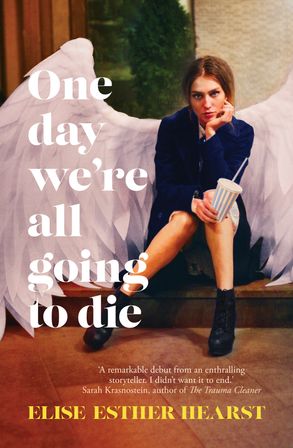 Moss’ words are eloquent and have a deep ring of truth. I love how he utilises sophisticated words mixed with slang. Several of the poems engage with the suffering of First Nations people including the welfare abuse of children who were taken away from their families. Moss pulls no punches, and his words are hard-hitting and powerful.
Moss’ words are eloquent and have a deep ring of truth. I love how he utilises sophisticated words mixed with slang. Several of the poems engage with the suffering of First Nations people including the welfare abuse of children who were taken away from their families. Moss pulls no punches, and his words are hard-hitting and powerful.
A review of A Random Caller – Cancer Poetry by Heather Cameron
 Cameron is very creative and is able to reveal a lot in the different ways she writes and sets the poems. For example in one poem she utilises pieces of dialogues which are obviously spoken at the time of the diagnosis. In this section there is also a very poignant poem titled “A Letter to my Body”. We sometimes see our body as a different entity and we question ‘it’,or get angry with ‘it’ thinking or saying “how can you do this to me?”.
Cameron is very creative and is able to reveal a lot in the different ways she writes and sets the poems. For example in one poem she utilises pieces of dialogues which are obviously spoken at the time of the diagnosis. In this section there is also a very poignant poem titled “A Letter to my Body”. We sometimes see our body as a different entity and we question ‘it’,or get angry with ‘it’ thinking or saying “how can you do this to me?”.
A review of The Fearless Benjamin Lay by Marcus Rediker
![]() Rediker is a professor, activist, and historian of the Atlantic slave trade. Writing in a contemporary and progressive way, he reveals this man’s courageous cry against the unfairness, brutal cruelty, and inexcusable ambivalence toward slave labor in all its forms. Lay is presented as an exemplar, and the author tells us how he was determined to devote “a study all its own” to Lay after discovering him in previous research.
Rediker is a professor, activist, and historian of the Atlantic slave trade. Writing in a contemporary and progressive way, he reveals this man’s courageous cry against the unfairness, brutal cruelty, and inexcusable ambivalence toward slave labor in all its forms. Lay is presented as an exemplar, and the author tells us how he was determined to devote “a study all its own” to Lay after discovering him in previous research.
A review of I walk Between the Raindrops by T.C. Boyle
 Still hammering away at the keyboard at age 74, T.C. Boyle still maintains his place as America’s grand poobah of literary fiction, particularly displaying his mastery in the short story genre; and this most recent collection of 13 tightly crafted slices of life intermixed with occasional forays into his beloved magical realism prove that he is still at the top of his game.
Still hammering away at the keyboard at age 74, T.C. Boyle still maintains his place as America’s grand poobah of literary fiction, particularly displaying his mastery in the short story genre; and this most recent collection of 13 tightly crafted slices of life intermixed with occasional forays into his beloved magical realism prove that he is still at the top of his game.
A review of The Swift Dark Tide by Katia Ariel
 There is a clear narrative arc that drives the reading forward quickly, but the writing is so sensual and languid that it creates a resistance to that progression. So much transformation happens in the gaps between the action – looking at the ocean, in the silent space of memory, in a moment after birth while looking into a newborn’s face, or even small moments of mindfulness such as noticing the pure green of a paediatrician’s jumper, or a seaweed crown “mossy garlands the circumference of an adult head” floating on the surface of the water.
There is a clear narrative arc that drives the reading forward quickly, but the writing is so sensual and languid that it creates a resistance to that progression. So much transformation happens in the gaps between the action – looking at the ocean, in the silent space of memory, in a moment after birth while looking into a newborn’s face, or even small moments of mindfulness such as noticing the pure green of a paediatrician’s jumper, or a seaweed crown “mossy garlands the circumference of an adult head” floating on the surface of the water.
A review of Ivan and Phoebe by Oksana Lutsyshyna
 The language of the novel is captivating and Lutsyshyna creates deep characters and vivid storyline twists while unlocking her talent as a perceptive poet. Lutsyshyna’s depictions of nature landscapes are truly prose poetry.
The language of the novel is captivating and Lutsyshyna creates deep characters and vivid storyline twists while unlocking her talent as a perceptive poet. Lutsyshyna’s depictions of nature landscapes are truly prose poetry.
A review of One Day We’re All Going to Die by Elise Esther Hearst
 Deceptively easy to read, One day we’re all going to die is a rich, complex book that encompasses family and connection, friendships, privilege, survival in the face of inherited trauma, Judaism, culture, modern life, and the healing power of creativity. If that seems like a lot, it doesn’t feel like it. Hearst handles it all with ease, and the book is a light-hearted joy.
Deceptively easy to read, One day we’re all going to die is a rich, complex book that encompasses family and connection, friendships, privilege, survival in the face of inherited trauma, Judaism, culture, modern life, and the healing power of creativity. If that seems like a lot, it doesn’t feel like it. Hearst handles it all with ease, and the book is a light-hearted joy.
Exhortation: A Review of Live in Suspense by David Groff
 The title, Live in Suspense, is an exhortation, a demand that we live in suspense as he attempts to do. He explores suspense as an artefact, quoting Emily Dickinson and Oscar Wilde, Dickinson emphasizing the unending nature of suspense and the contrast of “annihilation” and “immortality,” Wilde calling suspense “terrible,” then saying, “I hope it will last.”
The title, Live in Suspense, is an exhortation, a demand that we live in suspense as he attempts to do. He explores suspense as an artefact, quoting Emily Dickinson and Oscar Wilde, Dickinson emphasizing the unending nature of suspense and the contrast of “annihilation” and “immortality,” Wilde calling suspense “terrible,” then saying, “I hope it will last.”
An interview with Joe Hutchison
 The erstwhile Poet Laureate of Colorado talks about the life of a Poet Laureate & that monster paycheck, Marked Men and the Sand Creek Massacre, A nightmare with Colonel Chivington, William Carlos Williams and Ted Kooser, “Buy local” *What’s a good poem?* Creepy metaphors, Wergle Flomp, University teaching; graduate poets, when bad poetry hits big and much more.
The erstwhile Poet Laureate of Colorado talks about the life of a Poet Laureate & that monster paycheck, Marked Men and the Sand Creek Massacre, A nightmare with Colonel Chivington, William Carlos Williams and Ted Kooser, “Buy local” *What’s a good poem?* Creepy metaphors, Wergle Flomp, University teaching; graduate poets, when bad poetry hits big and much more.
A review of Trouble For Sale by Maina Wahome
 As the fast-paced story unfolds in a movie-like style in a fictitious country that Kimindero calls “Mother Nyeka”, the reader is presented with an opportunity to question and smell the crudeness, controversies and dishonesties of some of the characters. For instance, Watoro mockingly refers to Kimendero as “Minister of Fairness”, a former government official who happens to have been jailed at one time for misappropriating public funds.
As the fast-paced story unfolds in a movie-like style in a fictitious country that Kimindero calls “Mother Nyeka”, the reader is presented with an opportunity to question and smell the crudeness, controversies and dishonesties of some of the characters. For instance, Watoro mockingly refers to Kimendero as “Minister of Fairness”, a former government official who happens to have been jailed at one time for misappropriating public funds.